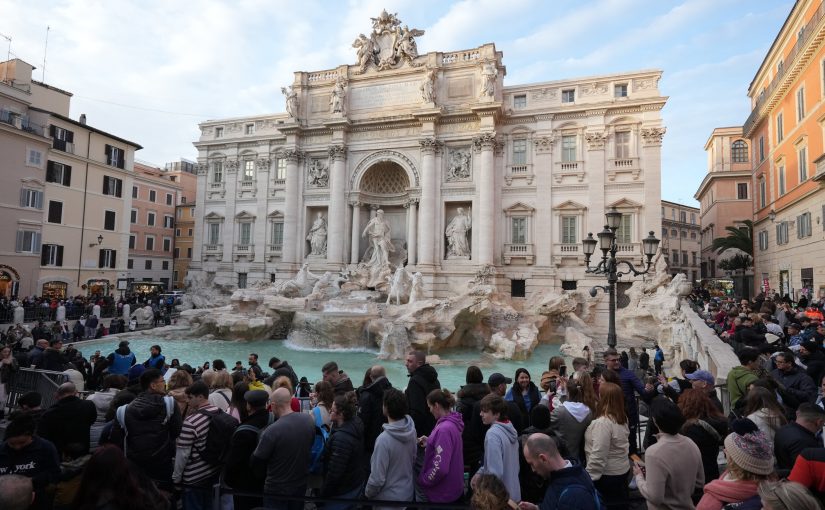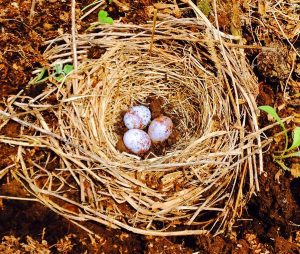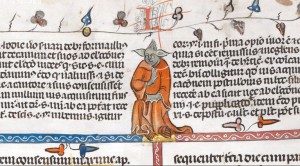Labor Day is our day to sit back and reflect on the virtue and value of work. From the Christian perspective human work ought always be connected with Divine Work. Since the industrial revolution and the false ideologies of the 20th century, work has taken on a dark and weary existence where we are frustrated and weighed down; John Paul II would call this as part of the culture of death. But we know from Scripture and the teaching of the Church the darkness of secularism is not the final word on human labor, nor the force by which we live as adopted children of God: He does not intend work to be inhuman and devoid of Spirit, but a place where we co-create and are sanctified. Archbishop Thomas G. Wenski of Miami published these words in his capacity as the head of the justice commission for the U.S. Bishops:
Pope Francis continues to rouse our consciences and challenge us to live more thoroughly Catholic lives. Laudato Si’ is, in large part, about something called “integral ecology,” an idea that our care for and relationships with one another deeply impact our care for the environment, and vice-versa. The Pope writes extensively about the importance of work in that context. “We were created with a vocation to work” (no. 128), and “the analysis of environmental problems cannot be separated from the analysis of human, family, work-related and urban contexts, nor from how individuals relate to themselves, which leads in turn to how they relate to others” (no. 141). Reminding us that “called into being by one Father, all of us are linked by unseen bonds and together form a kind of universal family, a sublime communion which fills us with a sacred, affectionate and humble respect,” he calls for a “sense of fraternity [that] excludes nothing and no one” (nos. 89-92).
Labor is one important way we honor our brothers and sisters in God’s universal human family. In the creation story, God gives us labor as a gateway into participation with Him in the ongoing unfolding of creation. Human labor, at its best, is a deeply holy thing that ought to honor our dignity as we help God “maintain the fabric of the world” (no. 124, citing Sir 38:34).
This Labor Day, the violation of human dignity is evident in exploited workers, trafficked women and children, and a broken immigration system that fails people and families desperate for decent work and a better life. How do we participate in this wounding of human dignity, through choices about the clothes we wear, food we eat, and things we buy–most of which is unaffordable to the very workers who make it? Do we give a thought to this truth, that for our wants to be met, economic realities are created that cause others to live in ways that we ourselves would not? How can we advance God’s work, in the words of the Psalmist, as he “secures justice for the oppressed, gives food to the hungry, [and] sets captives free” (Ps 146:7)? These are difficult questions to ask, yet we must ask them.
Can we ask these questions of our situation? Can we ask these questions of ourselves? My friends, I hope our prayer today could be for the grace to restore our work and relationships to a place of honor by which we bless God.







